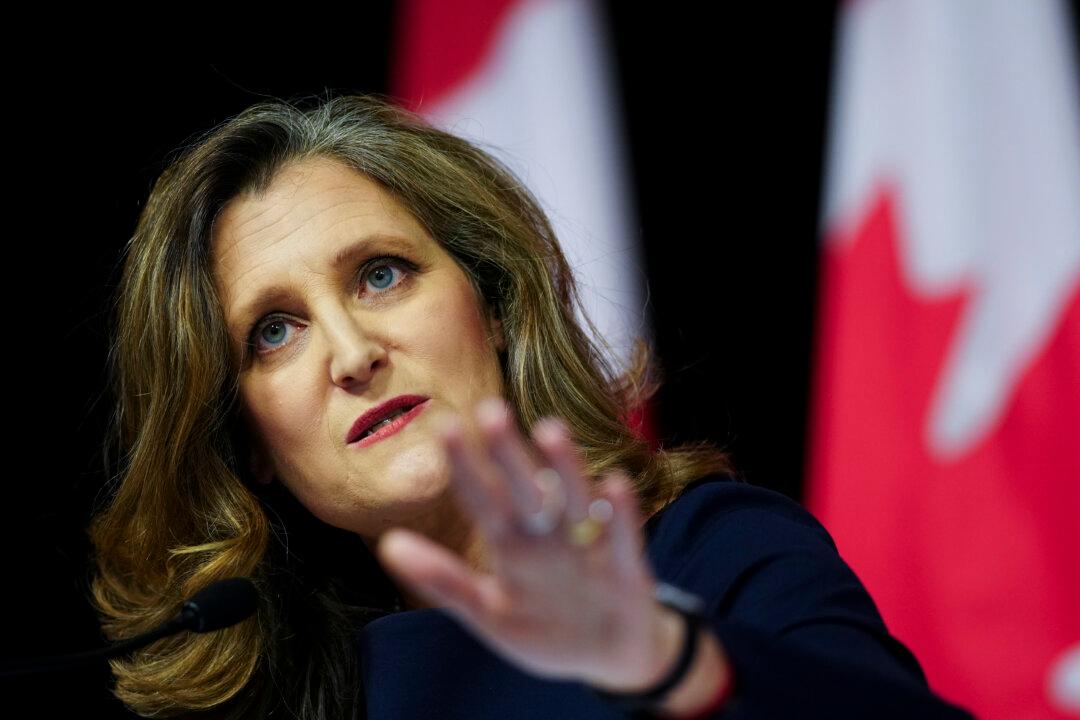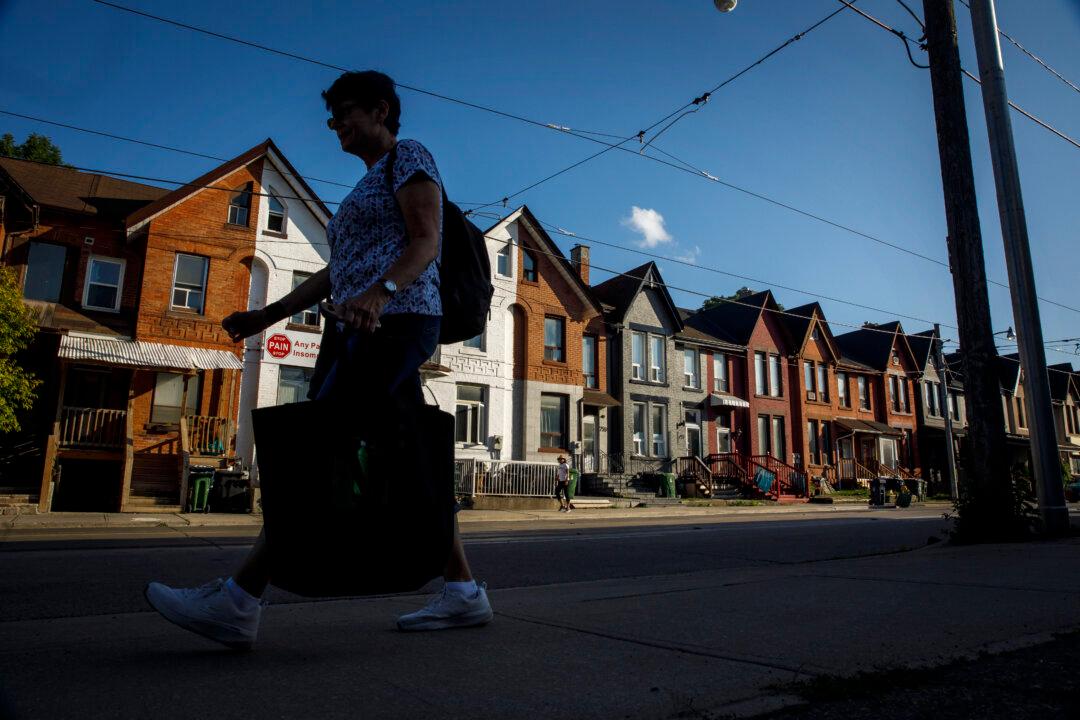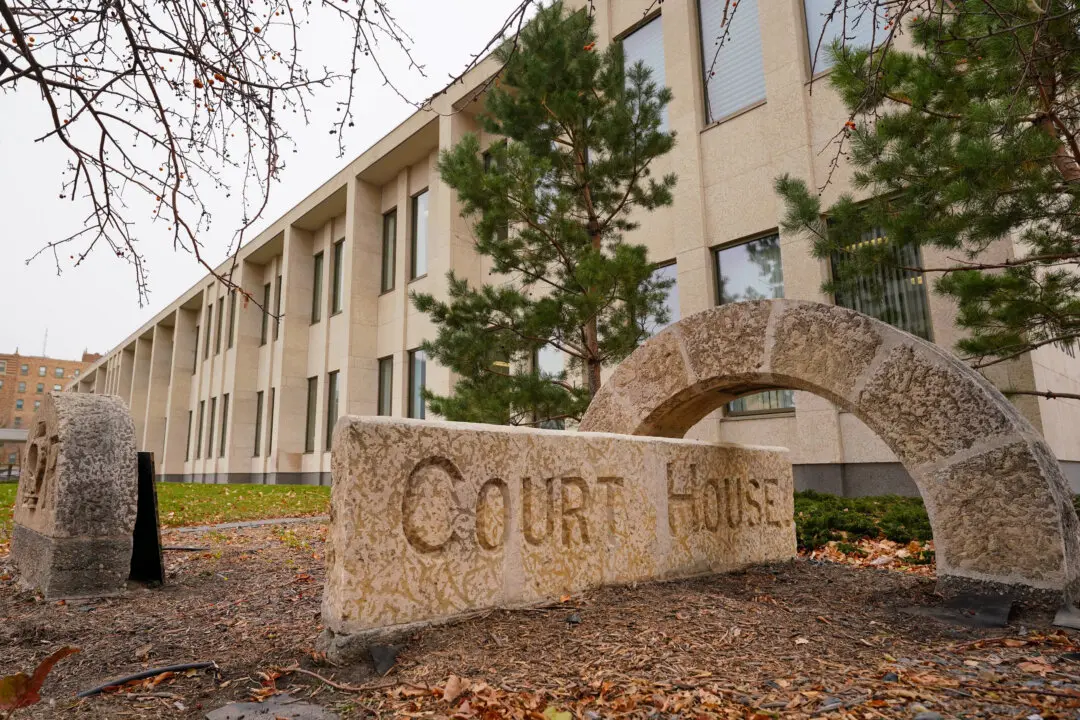Finance Minister Chrystia Freeland is proposing that the national borrowing limit be increased for the second time in three years, this time to a record $2.1 trillion.
Ms. Freeland is proposing Ottawa’s debt limit be increased by 16 percent from $1.83 trillion to $2.13 trillion, according to a document tabled in the House of Commons April 30, which was first obtained by Blacklock’s Reporter.





